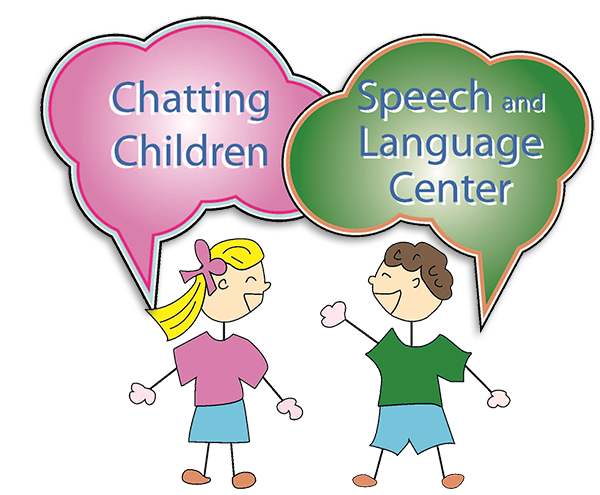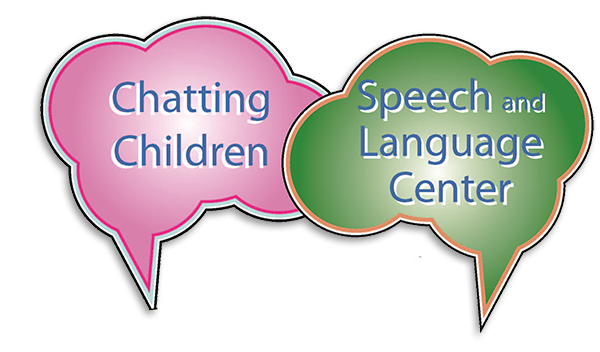You are not alone! I receive calls weekly asking this same question. Stuttering can be very worrisome for parents, especially when they notice their children becoming frustrated because they can’t “get their words out”. What most parents don’t realize is that it is very common for children between the ages of 2 and 5 to demonstrate periods of dysfluent speech. Dysfluent speech can be characterized by sounds repetitions (e.g., b-b-ball), whole word repetitions (e.g., she, she, she…), prolongations of sounds (e.g., ssssssspoon) or unusually long pauses. Roughly 5% of all children will stutter at some point in their speech and language development. Preschool children have so much to say and sometimes it’s difficult for their mouths to keep up with their brains. According to the National Stuttering Association, as many as 3 out of 4 children who show signs of developmental stuttering stop stuttering within a year of its onset.
Parents need to be patient with their children during this time. Don’t rush your child or put pressure on your child when he is speaking. Show him that you are interested in what he has to say. If he becomes frustrated, you can tell him to take his time because you understand that it’s hard to get all of those words out. Remind him that you will wait until he’s finished because you want to hear what he has to say. Become more cognizant of your own speech and slow down when talking.
You should contact a speech-language pathologist if your child’s stuttering 1) continues past the age of five, 2) is becoming more frequent or worsening with time or 3) is accompanied by body or facial movements.

